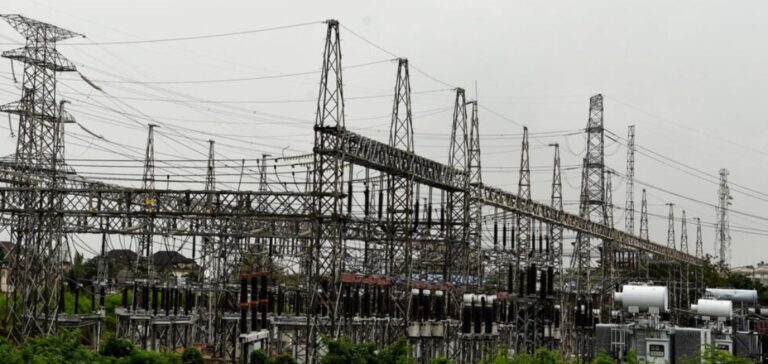Last year, presidential assent to the amendment of certain parts of the Nigerian Constitution marked a decisive turning point by decentralizing the electricity market, which had previously been centralized. This constitutional amendment, echoing the French situation, now allows state governments to legislate on the generation, transmission and distribution of electricity. In accordance with the new Electricity Act 2023, the Nigerian Electricity Regulatory Commission (NERC) has officially transferred regulatory oversight of the Ekiti and Ondo markets to their respective bodies, the Ekiti Electricity Regulatory Board (EERB) and the Ondo Electricity Regulatory Board (OSERB).
Control guidelines and transitions
In accordance with order NERC/2024/039, this transfer will take effect on May 1, 2024, creating a new dynamic for intra-regional electricity markets.
The directive, detailed by NERC Chairman Sanusi Garba and Commissioner for Legal Affairs, Licensing and Compliance Dafe Akpeneye, states that: “Regulatory transitions from the Benin (BEDC) and Ibadan (IBEDC) electricity distribution companies to EERB and OSERB must be completed by October 22, 2024. This step is essential to ensure efficient and compliant management of energy resources at state level.”
Implications for tariffs and local energy policy
The Ekiti and Ondo regulatory offices, EERB and OSERB, will have exclusive authority to determine and adopt a tariff methodology for end-users in their jurisdictions. This includes responsibility for the final approved tariffs, which will be applied exclusively in both states, stressing greater autonomy in the management of internal energy affairs, on a par with many global groups and strengthening the ability of local governments to respond in a more targeted and effective way to the needs of their communities.
This regulatory restructuring in Nigeria is a significant step towards empowering states in the management of their energy resources, a change that could serve as a model for other nations seeking to improve governance and energy efficiency through targeted decentralization.






















